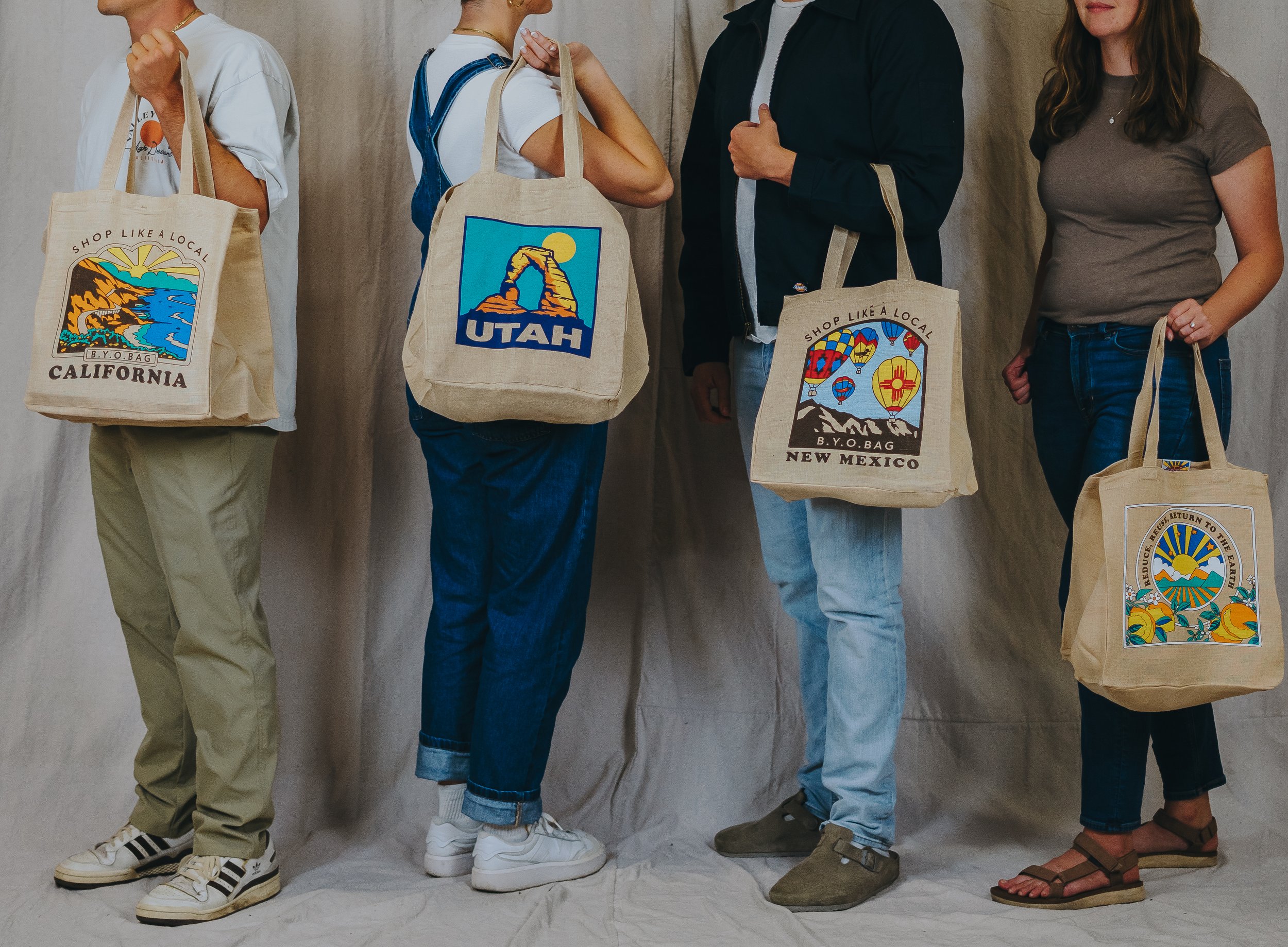Deseret News - His retirement package involves helping save the Earth
Find the article here: His retirement package involves helping save the Earth – Deseret News
By Lee Benson
Seven years ago, when he sold his landscaping company in Virginia for a tidy enough profit to retire at 57 and relocate to a resort town across the country, Peter Murray had the usual in mind: put his feet up, ski a lot, soak in the clear mountain air.
And, oh yeah, save the planet.
All his life, Peter had enjoyed a symbiotic relationship with Mother Earth. As a kid, growing up in the Washington, D.C., suburbs (his dad worked for the government) he was always outdoors. He planted his own garden when he was 10. He joined the Boy Scouts — and lays claim, until proven otherwise, to being “the only kid from Arlington, Virginia, who ever got his corn-growing merit badge.”
In college at Virginia Tech, he majored in, of course, horticulture. That led to his successful 35-year career as a landscape architect.
In his retirement, Peter knew he wanted to devote himself to something that would help protect the environment; he just wasn’t sure exactly what.
Then, just days into his new life as a man of leisure, he happened to read a statistic that nearly floored him.
The article was about plastic bags. It reported that the world uses 5 trillion of them. That works out to 160,000 plastic bags every single second!
“When I read that, I was staggered,” remembers Peter, “I mean, it’s criminal, the harm we do, the damage we leave, to future generations.”
He had his cause.
He decided to put his lifelong study of plants and trees to use and let nature come up with a bag that is everything a plastic bag isn’t: handy, sturdy yet lightweight, cheaper (in the long run) and biodegradable.
For inspiration, he remembered from his landscaping days the burlap sacks he would wrap around tree roots, and then watch them dissolve completely in just nine weeks.
He got to work experimenting with different materials in his garage. Burlap didn’t work, neither did bamboo. Then he tried jute.
One of nature’s prize creations, jute is derived from corchorus, a plant grown primarily in Bangladesh and India that besides being incredibly durable has the distinction of putting nitrogen back into the soil as it grows.
By blending a small amount of cotton with jute, Peter was able to produce a lightweight bag that can hold up to 140 pounds — and if you happen to lose it in the woods it will be gone in about two months.
He formed a one-man, one-product company called Stardust Sustainables. The name comes from lyrics to a Joni Mitchell song written about Woodstock in 1969, when Peter was 9 years old and already coming of age as a naturalist:
We are stardust, we are golden, billion year old carbon, and we’ve got to get ourselves back to the garden.
For the first few years, Peter sold his bags at farmers markets, gift shops and local grocery stores willing to give him shelf space.
All the while, word spread that these bags were everything they were purported to be. That led to the development of a website (stardust.earth) and an online business that now makes Peter’s bags available to the general public.
His prices are affordable — $12 for a bag that will outlast you — and the bags carry colorful designs with slogans like “Love Where you Live,” “Reduce, Reuse, Return to the Earth,” and “Shop Like a Local.”
Too, several national parks, more than a dozen REI stores and a few small grocery chains have signed on as regular customers.
This year, Peter expects to move 60,000 bags out of his garage.
That’s a far cry from 5 trillion, but from Peter’s perspective that’s the wrong way to look at it.
By using one of his bags, he points out, “in a year’s time, you can eliminate 1,000 plastic bags, easily (Americans use on average 365 plastic bags per person per year). We’ve eliminated the need for tens of millions of plastic bags already.”
More good news: if everything keeps trending in the right direction, Peter’s business might become as sustainable as its product.
“I’ve been working free for 7½ years,” Peter says, smiling, “but I think we should hit a (profitable) threshold by the end of the year.”
Then again, that kind of green was never the object. “Saving the Earth is what it’s all about,” Peter says.
He remembers a book he read years ago. “I think the title might have been ‘The Second Half.’ The gist of it was if you’ve had success with your career, after that, in the second half of your life, think about what you can do that’s significant, that makes a difference. I’ve made a bag out of material that’s natural, that’s been in the solar system forever, that’s reusable for a long, long time, but when people are done with it, it just goes back to the garden. I feel like this is something that is making a difference.”

